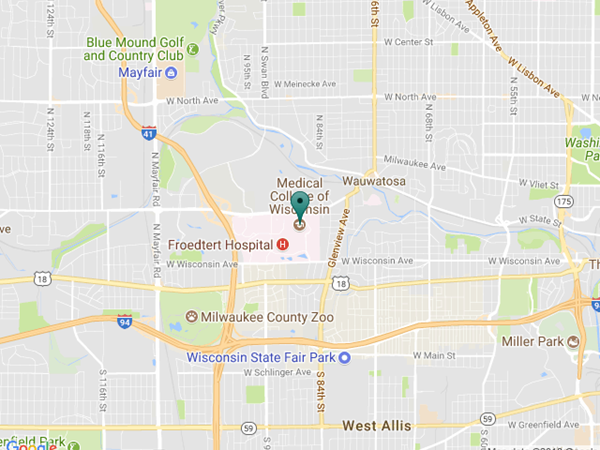MCW 2024 Innovations in Healthcare Education Research (IHER) Conference
This conference brings together individuals who are passionate about discovering new approaches to assessing learning, faculty development, curricular design and teaching delivery methods that enhance the student learning experience and prepare students for a career in healthcare.
Human Connection and Technology: Better Together in Healthcare Education | September 17-19, 2024
Medical College of Wisconsin
8701 Watertown Plank Rd.
Milwaukee, WI 53226
The MCW Office of Academic Affairs invites you to attend the eleventh annual Innovations in Healthcare Education Research (IHER) Conference. Attend presentations on Artificial Intelligence; Simulation and Interactive Learning; Curriculum Enrichment and Teaching Delivery Methods; Reflective Practice and Feedback; Mental Health and Well-being; Diversity, Equity, and Inclusion; Quality Improvement and Change Management; and Community Engagement and Public Education.
We invite all Conference participants to utilize the new Zoom AI Companion during this year's online sessions, which provide private, real-time discussion summaries and answers to participant inquiries, while helping everyone stay engaged with the topics and each other.
The Conference is free to attend.
2024 IHER Conference Award Winners
Tuesday, September 17 Sessions
KEYNOTE ADDRESS
Anai Kothari, MD, MS
From OSCEs to ASCIs: Using AI to Simulate Clinical Interactions
Wednesday, September 18 Sessions
KEYNOTE ADDRESS
Marc M. Triola, MD
Bytes to Bedside: Exploring the Impact of Artificial Intelligence on Medicine
Thursday, September 19 Sessions
KEYNOTE ADDRESS
Hedy S. Wald, PhD
Professional Identity (Trans)formation; Reflection, Relationships, Resilience, Flourishing in Health Professions Education and Practice
Event Location & Contact Information
Medical College of Wisconsin
8701 Watertown Plank Rd.
Milwaukee, WI 53226
IHERConference@mcw.edu



